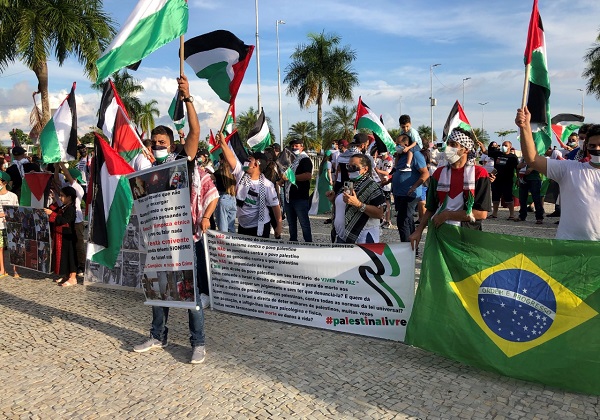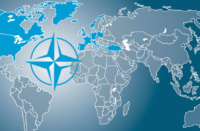In recent years, the government of São Paulo, led by Governor Tarcísio de Freitas, has spent over 37 million Brazilian Reais on contracts with Israeli military companies. These include Israel Weapons Industries, Meprolight, and Cellebrite, known for their weapons and surveillance technologies. These tools, often described as “combat-tested,” are now being used not in war zones, but in the streets and favelas of Brazil.
Imported Violence
The same technologies used by Israel in its military operations in Gaza (operations widely condemned for human rights violations) are now part of São Paulo’s police arsenal. Cellebrite, for example, provides digital surveillance tools that have been used to monitor and extract data from civilians’ phones. These tools are now in the hands of São Paulo’s police and public prosecutors.
Since these contracts began, police violence in São Paulo has escalated. In the Baixada Santista region, mass killings by police have rocked communities. In 2024 alone, São Paulo saw a 61% increase in deaths caused by police, with 813 people killed – the highest rise in the country. In 2025, one in every four homicides in the state was committed by police officers. [Mapa da Vi…61% em SP] [Policiais…SP em 2025]
Global Impact of Israeli Military Exports
Israel’s military industry doesn’t just affect Palestinians. Its weapons and surveillance tools are exported to dozens of countries, often used to suppress marginalised communities. In Serbia, Cellebrite was used to spy on journalists and activists. In India, Israeli drones patrol Kashmir. In Brazil, these tools are now used to monitor and police poor, mostly Black neighbourhoods.
This global spread of Israeli military tech raises serious ethical questions. Should governments invest in tools developed through occupation and warfare? Should public safety be built on systems designed for control and repression?
A Call for Accountability
Activists and lawmakers in Brazil are beginning to push back. Members of the PSOL party have proposed bills to ban contracts with Israeli companies involved in human rights violations. Protesters chant: “No more massacres! PM (Polícia Militar – the Military Police) in the favela, Israel in Palestine.”
The connection is clear: the same logic of militarized control used in Gaza is being applied in São Paulo. And just like in Palestine, the victims are often poor, racialised, and voiceless.
Final Thoughts
Security should not come at the cost of human dignity. When governments choose to buy weapons from regimes accused of genocide, they send a message: that lives in the periphery are expendable. It’s time to rethink these choices – and to demand a public safety model based on justice, not war.






